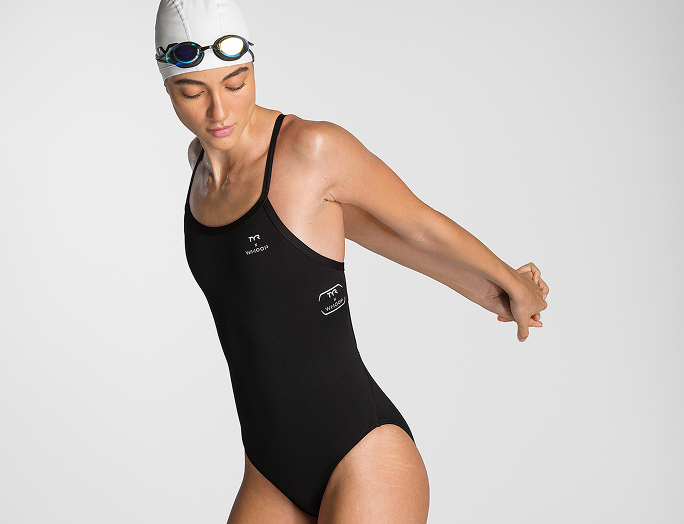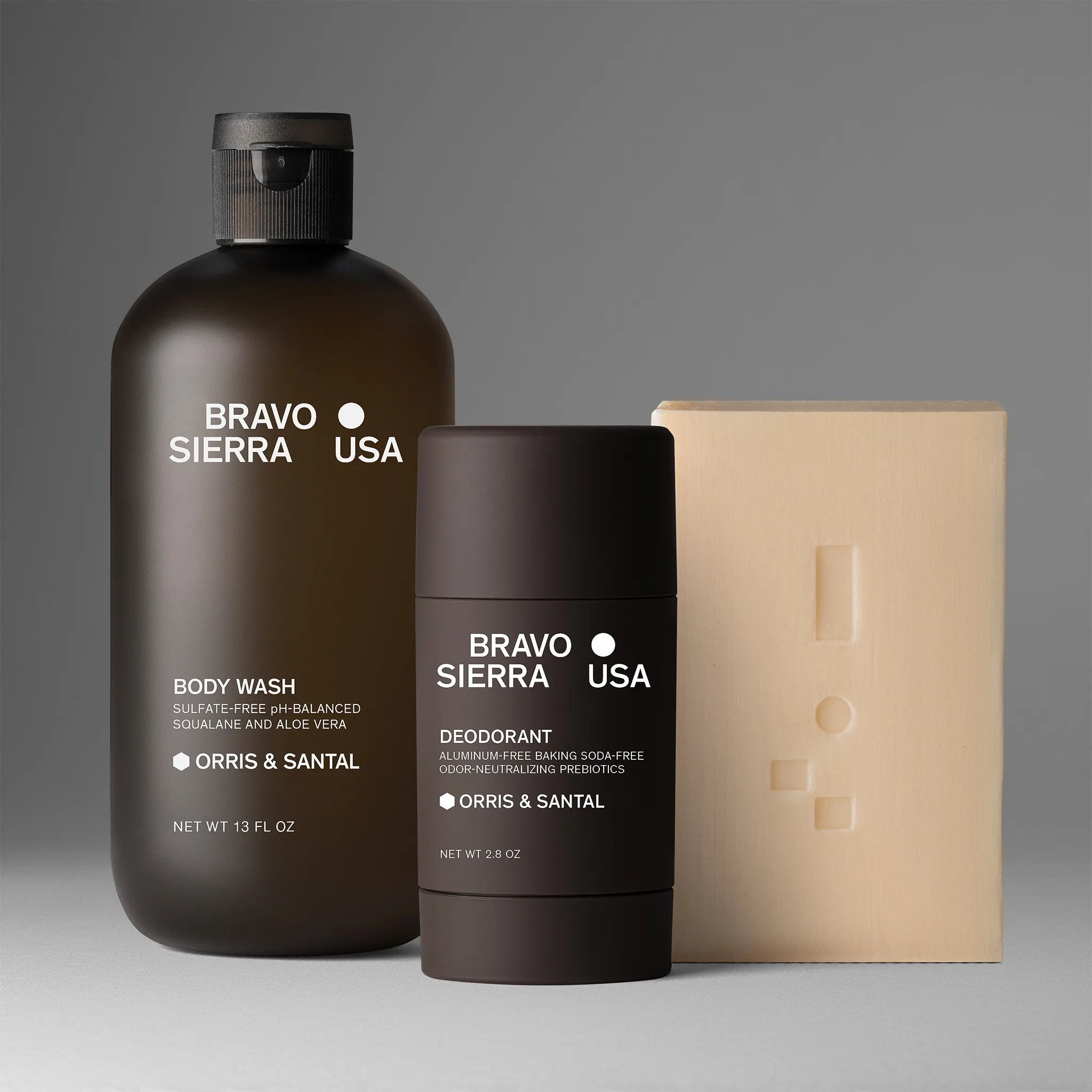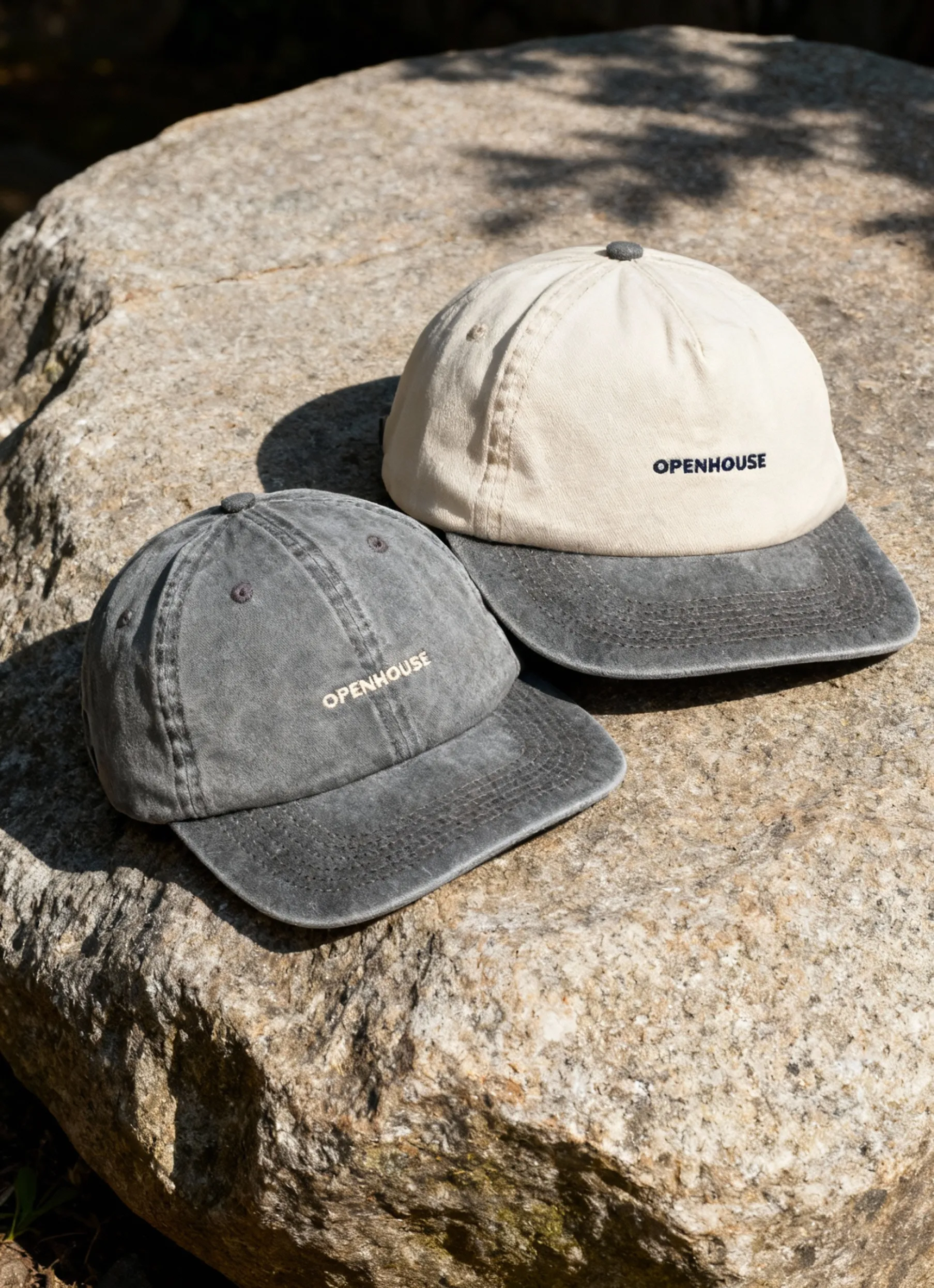Both Meta products: Facebook and Instagram are still leading the way of how businesses monetize, sell, and do ecommerce on social media. With other SM platforms, like TikTok only gaining their footing among younger audiences, Meta keeps their focus on developing new tools for SMB, pioneering the realm.
If you are looking to sell products on Facebook and Instagram, it’s time to get down to business. In fact, things become even more user-friendly and frictionless with time, as new features get created to ease merchants into a smooth selling routine.
Before giving you a step-by step algorithm of how to use Facebook to sell products, let’s list key advantages of social media as a sales channel.

Source: Instagram eCommerce stats
Benefits of social media eCommerce
Multi channel approach to marketing is the new norm and here is why millions of businesses sell on social media platforms too:
Acquire new customers
Social media sites are in the top 3 channels for customer acquisition at 72%, while SEO and PPC are only used by 65% to drive new client base.
Facebook and Instagram are rather visual, so many businesses relying on professional product photography to drive their following are rather active here: clothing brands, fashion, cosmetic products, automoto, equipment, jewelry, etc.

Keep existing clients informed
Getting on the radar of a client is one thing, but retaining loyalty and driving LTV through social media is another challenge. Posts, stories, videos, interviews, product launches all help succeed in this mission too.
Target potential clients with ads
Facebook's targeting tool is sophisticated and sharp, to say the least. You can aim with nano precision, spend as much as is comfortable for you and reach out to your audience - new and old - with offers and marketing promos.
To confirm the popularity of this channel, Facebook’s Q3 results for 2021 revealed a massive increase of advertising revenues by 33% YOY.
Reach globally from anywhere
In the era of drop shipping and frictionless third party delivery services, those selling products on Facebook are not limited geographically at all, as they can reach out to any destination from anywhere in the world.
Get ahead of competition
Not having social media representation is a bit of a business development crime at this point of time. As these products develop and release new features, like product tagging, businesses have a chance to collect the cream of the early adopters by mastering new tools as soon as they come out.
Now that we’ve listed all the perks of why to use facebook to sell products, let’s see how to do it.
How to set up a Facebook shop
This mission gets technical for newbies, yet there are tons of step-by-step manuals on how to do it. As long as you follow those algorithms, it’s fairly intuitive, as you need to click your best option and follow the succession offered by the platform.
- Create a Business Page or convert a personal profile into a Business Page. Make sure you choose a shopping template in order to be able to set up a shop.

- Create and connect a Business Manager account to your Business page.
- Go to the Commerce Manager to create a shop and connect it to your respective Business page and Business manager.


- Create a Facebook Shop Catalog of your products.

Facebook Business: how to create a product catalog
Mind you, that you can connect to your existing WordPress or Shopify ecommerce store or sell your products without an online shop, when the entire purchasing cycle is completed inside the social media platform.
In-app purchases are only available for US businesses and clients, here’s how to set up a shop with in-app purchase checkout if you are eligible.
Alternatively, you can send your potential clients to your messenger to discuss alternative payment details.
- Connect Instagram Business to your Facebook Shop

How to set up Instagram Shopping
Once you have created a Business page, set up a shop and added your products with professional images and descriptions to your catalog, it’s time to start selling on Facebook.
How to use Facebook tagging to create Instagram shoppable posts
First things first, let’s define what a product tag is.
A product tag in Facebook and Instagram shopping is a visible link to a Product Detail Page [PDP] that can be added to posts, videos, stories, lices, and ads to give users a chance to buy the item they see in their feed.
Now let’s see the best practices of using product tags in your Instagram Shopping.

How to tag your product in a Facebook post
Facebook shop owners can tag products from the shop or catalog in existing posts as well as new posts.
As you open an existing post a “Tag Products” icon appears for the Business accounts with a shopping template and at least one product in the catalog. Start typing a name of the product to choose it. Click the “Done tagging” button.
Tagging products in a story in Instagram
When you have uploaded content to your story, navigate to the stickers tray in the top right corner. Choose Product Tag to get access to a drop down menu with all of your products. Choose the product you want to tag. You will be able to edit the tags color and positioning before publishing the story.
Advertising tagging options in Facebook and Instagram
When creating ads in Instagram and facebook, using tags is the most obvious way to direct users to your product detail page so they can check out an in-app purchase or via your website.
The product tagging option appears at the stage when you have all your major ad settings selected and have uploaded media to the ad. Then after clicking the Edit media button, users can choose the Creative products tray that has the Product Tags option.
When ecommerce entrepreneurs tag products on Facebook, they make it easier for the onlooker to convert, as they provide a gateway to more information on the product.
Not only do users appreciate the commodity of having such shortcuts to satisfy their curiosity, but they also expect such a tag at their service too by now. This way, by going to the trouble of adding a tag to the ad or live stream, you create a better user experience, alleviating a few extra steps they would need to make to find the product otherwise.
Moreover, you also increase engagement rate of the post, boosting chances for the post to be shown to a wider audience organically.
Use professional product images to sell products on Facebook
Social media platforms like Facebook and Instagram have elevated the customer expectations towards product photography once and for all.
Not only do users expect to be able to see a product at many angles in high resolution and under perfect lighting, they also want the images to be creative and pleasing to the eye.
If there is a best way to sell products on Facebook, one of its not-so-secret components has to be high quality product photos. With bigger mobile screens and high resolution retina displays there’s no hiding of the interior quality images.
Once you nail your product photography for social media use, you can maximize your shoppable product reach by using tagging in Instagram, advertising, collaboration with influencers and so on.
Are you looking for more efficient ways to sell online? Check out these useful pieces for etailers:
- How to test photography for high-performing ad campaigns
- Avoid these common product photography mistakes in 2022
Want to take your product photography a notch up? Give Sqaureshot a shot. Check our portfolio.

Product A
SQUARE SHOT






























